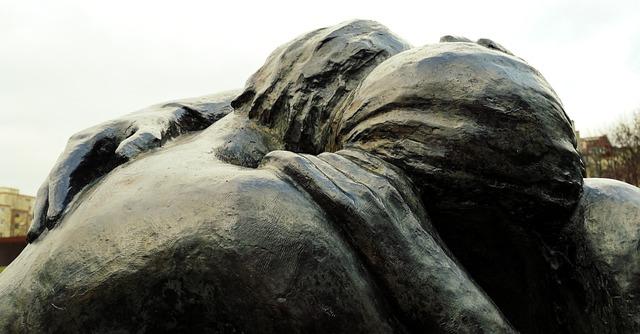The Role of Political Reconciliation in Pakistan’s National Unity
In a country marked by rich diversity and a complex historical backdrop, political reconciliation plays a crucial role in fostering national unity in Pakistan. As political tensions continue to affect social cohesion, the need for effective reconciliation mechanisms becomes increasingly vital. This article delves into the significance of political reconciliation, its benefits for national unity, and practical tips for its implementation.
Understanding Political Reconciliation
Political reconciliation refers to the process by which conflicting political factions work towards understanding, forgiveness, and cooperation to promote peace and stability. In the context of Pakistan, where various ethnic, linguistic, and political groups coexist, fostering reconciliation is essential. It serves as a pathway to bridge the divides and create a more cohesive national identity.
The Importance of Political Reconciliation in Pakistan
1. Reducing Political Polarization: Political polarization has historically hindered progress in Pakistan. Reconciliation can mitigate conflict, encourage dialogue, and foster cooperation among diverse political entities.
2. Promoting Social Cohesion: A reconciled political environment enables citizens to feel represented and valued, promoting social harmony among various groups.
3. Enhancing Economic Stability: Political instability often translates into economic uncertainty. By fostering a unified political landscape, Pakistan can attract investment and stimulate economic growth.
4. Strengthening Democratic Institutions: Political reconciliation reinforces the integrity of democratic institutions, ensuring that they function impartially and effectively for all citizens.
Benefits of Political Reconciliation for National Unity
Implementing effective political reconciliation strategies can offer numerous benefits:
- Improved Governance: A collaborative political environment can lead to more effective policies.
- Conflict Resolution: Peaceful mechanisms allow for resolving disputes through dialogue rather than violence.
- Empowerment of Marginalized Groups: Addressing the grievances of minority communities fosters inclusivity.
- Enhanced National Identity: Shared goals and visions can forge a stronger sense of belonging among citizens.
Case Studies: Successful Political Reconciliation
1. The Transition of 2008
Following the assassination of Benazir Bhutto, Pakistan experienced significant political turmoil. However, political reconciliation efforts among various parties led to a peaceful transition of power, showcasing how collaborative efforts can stabilize a fractured political landscape.
2. The Peace Accord of 2010 with Balochistan
The Balochistan Peace Accord marked a pivotal moment in Pakistani politics. By engaging with Baloch leaders and addressing their historical grievances, the government took decisive steps toward reconciliation, promoting a sense of belonging among the province’s people.
Practical Tips for Effective Political Reconciliation
To achieve successful political reconciliation in Pakistan, stakeholders can consider the following tips:
- Encourage Dialogue: Establish platforms where diverse groups can express their concerns and aspirations.
- Inclusivity: Create policies that ensure representation from all ethnic and political backgrounds.
- Build Trust: Transparency and accountability in governance are essential to build public confidence.
- Facilitate Conflict Resolution Training: Educating politicians on negotiation and mediation techniques can improve engagement.
Conclusion
Political reconciliation is a vital component of national unity in Pakistan. As the nation grapples with its diverse political landscape, the successful implementation of reconciliation strategies can pave the way for a more inclusive, peaceful, and prosperous society. By fostering understanding among political factions and promoting dialogue, Pakistan can overcome its historical challenges and emerge as a unified nation that respects and celebrates its diversity.



